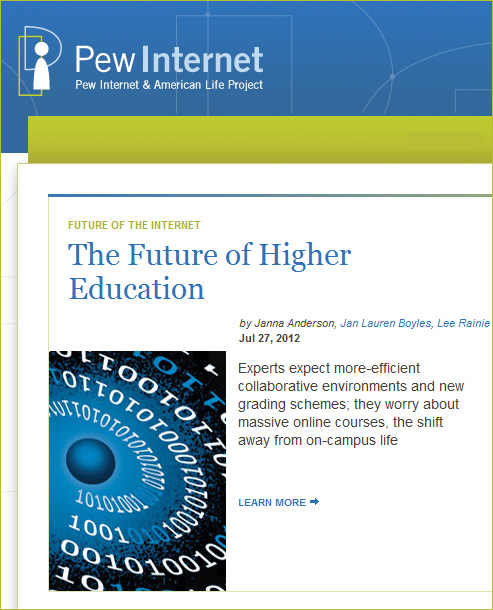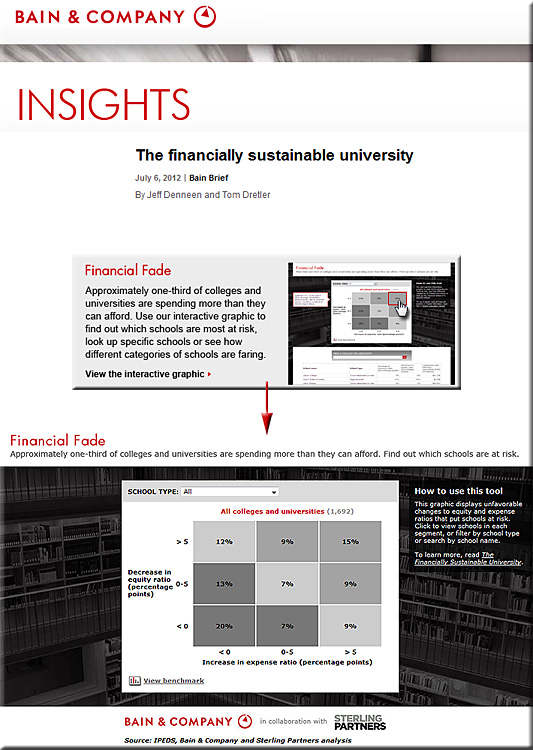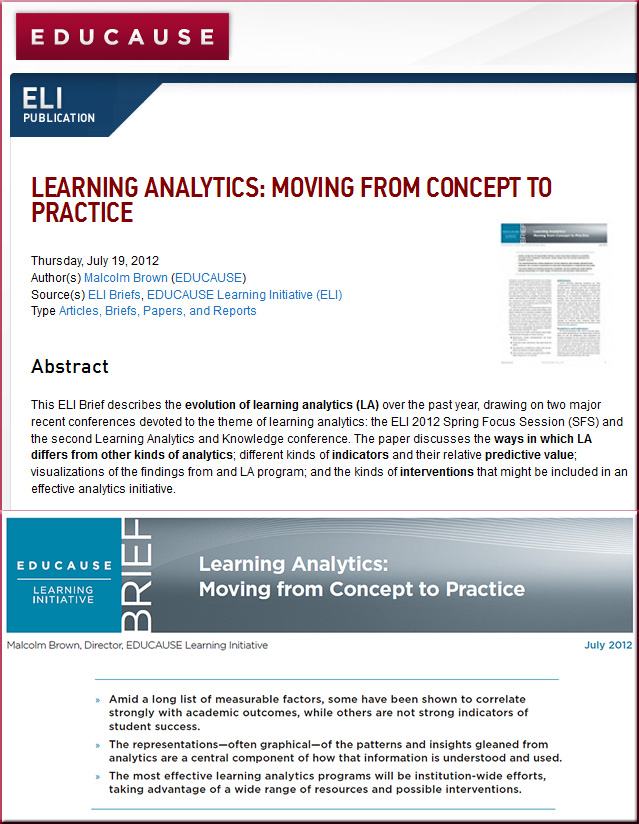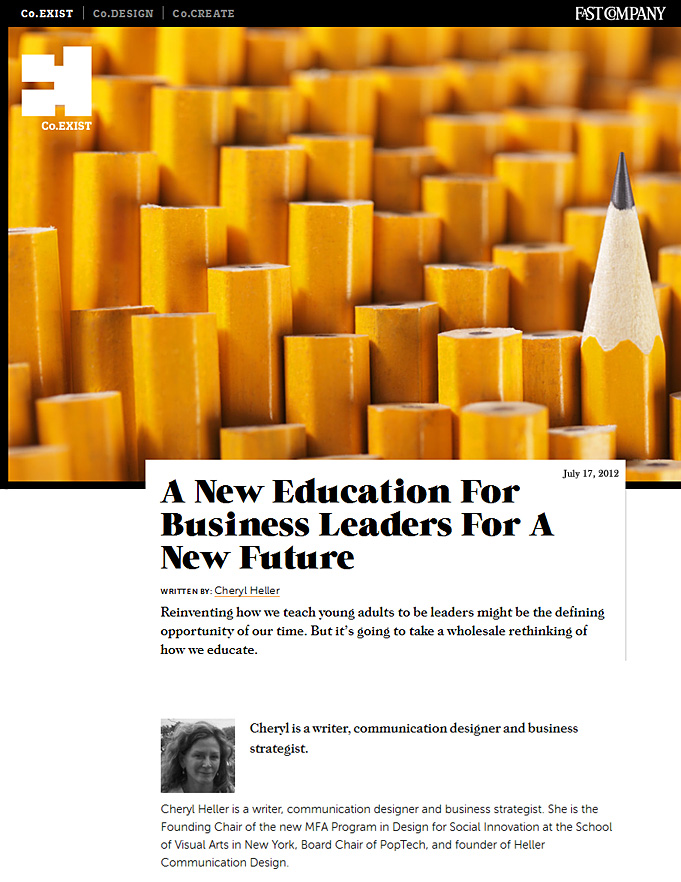Addendums:
- On 9/27/12 which regards the business/corporate world:
CIO must become Chief Innovation Officer — from innovationexcellence.com by Linda Bernardi
. - On 10/1/12:
The question CIO’s must really ask — from cnn.com by Jeanne G. Harris, Allan E. Alter and Aarohi Sen
Asking whether CIOs will play a strategic or supporting role is indulging in a stale debate. The more important question is whether CIOs are prepared to lead their organizations into a future environment that could be completely unlike today.
. - On 10/16/12 — but moreso on the corporate side
The New Chief Connected Officer — from by Gregg Garrett

Joining the brave CIO, who takes a step forward while many other IT leaders are standing still, is the motivated CEO. The adage that “it is lonely at the top” couldn’t be more true during this transition period. Most major advisors for top leadership, many of whom are part of well-recognized strategy consulting firms, understand the promise of the connected world, but aren’t pushing this advice yet.
They are putting their toes in the water with social-media practices and CMO-to-CIO forums. However, very few of them are actually broaching the sacred space of product-to-service conversations that could potentially reposition the chief information and chief technology officers to fulfill much more critical and senior roles within the organization.
The last time IT grew to such prominence in the corporate structure was the Y2K scare or the “ecommerce” movement (“brick and mortar” to “virtual”). As already discussed, “connected” is on a similar scale, if not more grandiose. A connected world both overlays a layer of relevant information-fed services on top of today’s processes, and also reformulates entire industries through disruptive innovation.









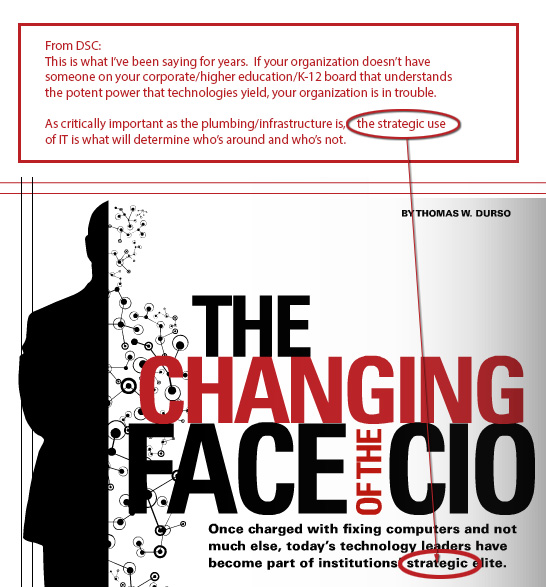
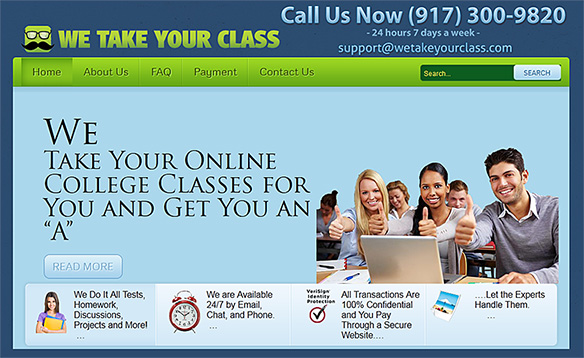
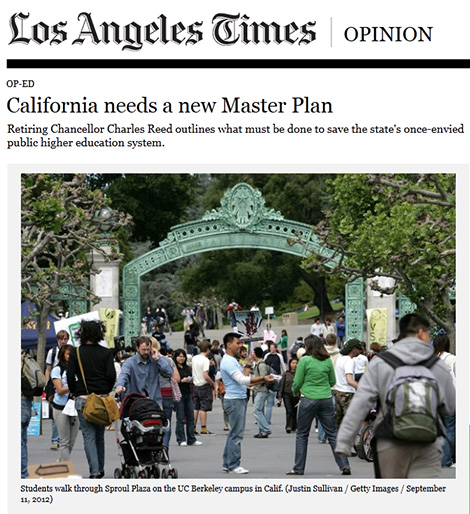
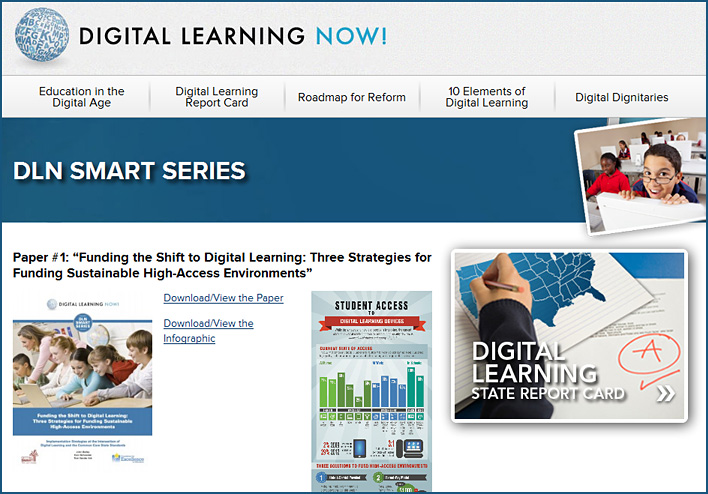
![The-Living-Class-Room-Daniel-S-Christian---July-2012 The Living [Class] Room -- by Daniel Christian -- July 2012 -- a second device used in conjunction with a Smart/Connected TV](http://danielschristian.com/learning-ecosystems/wp-content/uploads/2012/07/The-Living-Class-Room-Daniel-S-Christian-July-2012.jpg)
